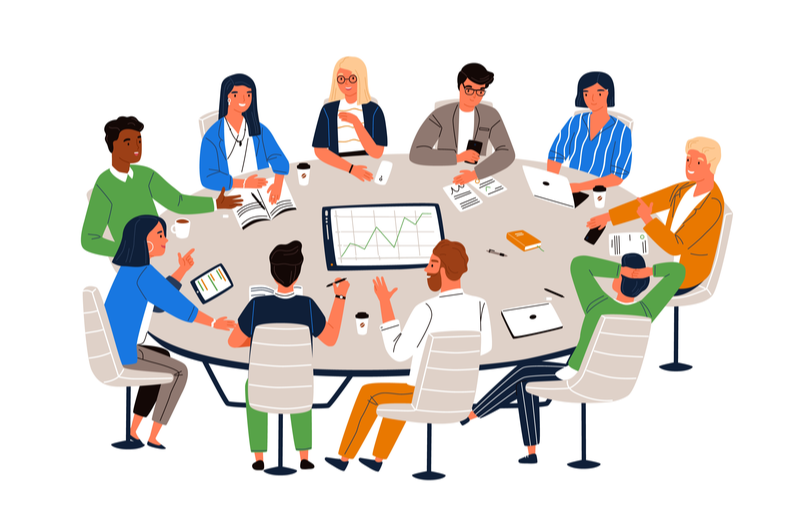The promise of a sticker and a $25 gift card may not seem like a compelling reason to head to an academic medical center and get drained of several vials of blood and a urine sample. But that’s precisely what I did at Weill Cornell Medicine recently — all to participate in the All of Us research program, a nationwide effort organized by the National Institutes of Health to study 1 million Americans with genome sequencing and other methods.
Here in the U.S., there’s a fundamental disconnect between our expectation of continual advances in science and medicine and our willingness to help make those advances possible. Precious few people are interested in serving as guinea pigs for scientific studies (and admittedly I could see why when I briefly became woozy after my Weill Cornell blood donation). But without our participation, it takes a lot longer for researchers to make the important discoveries that will ultimately bring better healthcare to everyone.

If the general public good isn’t enough to motivate you to get involved in research, there are plenty of other incentives, such as being an early adopter of important medical advances, or getting precious access to personal health data. I would like to say that enrolling in the All of Us program was inspired by my humanitarian impulse. The truth is, I’m a member of the genomics community who couldn’t wait for the bragging rights of being part of a population-scale study. As a prize for being included, I’ll get the results of my genome sequence (but Techonomy readers likely know that I’ve already seen my genome data).
Academic studies like All of Us offer a great way to contribute to scientific advances, but there are many other ways. Clinical trials, for example, are notoriously underpopulated. In the cancer community, where patients tend to be much more open to trying any possible treatment, just 3 percent of patients ever enroll in a clinical trial, despite evidence suggesting that people involved in clinical trials tend to have better outcomes regardless of whether they receive the candidate drug being tested.
These trials, mandatory studies in which pharma companies test drug candidates in patients to understand efficacy and dosing, represent one of the most expensive parts of the entire drug development process. The cost has little to do with the drug itself; the trials need a ton of money to identify, qualify, and enroll enough patients to move forward with a statistically significant population. If it were even a little bit easier to find enough people to be part of a clinical trial, new therapies could move from testing to FDA submission much more quickly. If you think you might be a candidate for a clinical trial, check out this list and search for recruiting studies near you.

Another great way to get involved is through services like 23andMe that partner with academic and pharma scientists to share data for participants who have opted in to research studies. This is a very different model for consumers — no schlepping to an academic medical center to get poked and prodded — and it really simplifies the process of contributing your data to important new studies. Meanwhile, Apple’s HealthKit is enabling developers to build mobile apps that let people join research studies, typically by responding to health surveys via smartphone. Similar apps are being released for Android users as well. With these streamlined approaches, there’s really no excuse for not participating in research anymore.
As for the All of Us stuff, anyone can sign up, though not everyone will be invited to become a full participant and get their genome sequenced. It’s not clear what criteria the researchers are using to select people. But that’s no reason not to try. This giant effort is as close to a free-for-all as research studies are ever likely to be. And its results could have huge impact on American healthcare.
Consider any medical advance you may have used recently — from genetic tests to medications to vaccines — and take a moment to appreciate that it would not have been available to you today were it not for the people who took part in studies related to it. If we want continued healthcare innovation, we must join those willing guinea pigs and do our part.

















